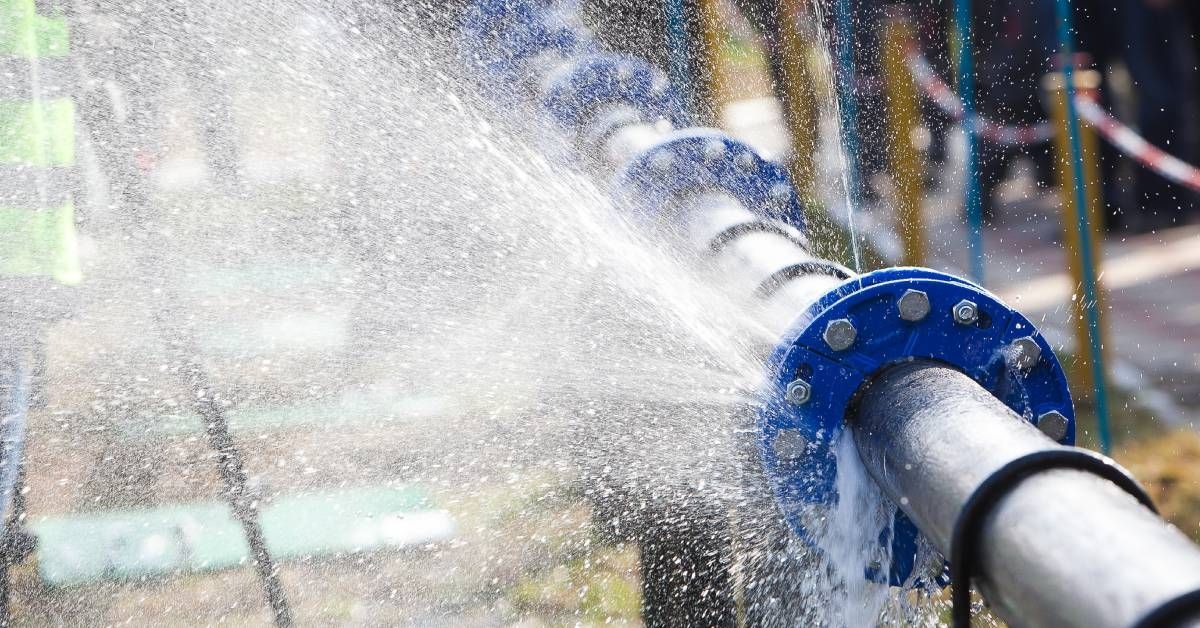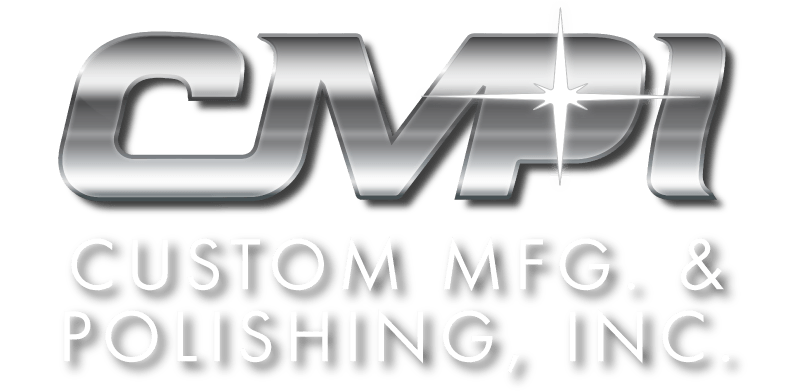The Impact of Flow-Accelerated Corrosion on Steel Pipes

Steel pipes are the foundation of countless industrial applications, from energy systems to water distribution. These pipes bear the weight of modern industry and infrastructure. However, the impact of flow-accelerated corrosion (FAC) weakens these pipes over time. This results in system failures, increased repair costs, and safety risks.
Find out how your current pipes are costing you money and risking your reputation—and how to put a stop to it. Learn how to protect your pipes today.
What Is Flow-Accelerated Corrosion?
Flow-accelerated corrosion is a process where the protective oxide layer on steel pipes deteriorates due to fluid flow. When high-velocity fluids flow through steel pipes, especially under heat or chemical exposure, they strip away this oxide layer and leave the metal exposed to the elements.
Several factors intensify corrosion, such as water temperature, the turbulence of the fluid, and the chemical makeup of the liquid. Regular steel, while initially reliable, often lacks the resistance needed to withstand prolonged exposure without a protective layer.
Effects of Flow-Accelerated Corrosion
Unchecked, FAC can lead to severe structural issues. The continued thinning of steel pipes weakens their ability to handle pressure and increases the risk of leaks or bursts in critical systems. It is just a matter of time before these weakened pipes give way and things go wrong.
The financial costs of using the wrong pipes compound quickly; frequent repairs, pipe replacements, and downtime from system failures hit industries hard. Worse still, leaks or bursts in certain environments can lead to environmental contamination, which adds significant cleanup and compliance costs to the list of worries.
Preventing Flow-Accelerated Corrosion
Avoid these worries, and prevent FAC from the start by considering the material of your pipes. Polished stainless-steel pipes offer superior protection, thanks to stainless steel’s resistance to chemicals and smoother interior surface. These qualities minimize wear and tear.
Additionally, thoughtful pipe design can reduce turbulent flow. Regular maintenance, such as inspections and cleaning, helps identify corrosion early. Coatings or corrosion inhibitors add an extra layer of defense and guarantee the underlying material remains intact.
Why Use Polished Stainless-Steel Pipes?
Polished stainless-steel pipes provide unmatched durability in aggressive environments, which makes them an excellent choice for combating FAC. Their polished finish minimizes surface irregularities and reduces deposit buildup and fluid turbulence, the primary contributors to corrosion.
Industries such as pharmaceuticals and marine systems depend on these pipes for their corrosion resistance and reliability. Their proven performance showcases how advanced materials can actively mitigate FAC and extend the lifespan of industrial systems.
Invest in Long-Term Solutions Against Corrosion
The impact of flow-accelerated corrosion on regular steel pipes is a challenge that industries must tackle head-on. By integrating materials like polished stainless-steel pipes and prioritizing proactive maintenance, businesses can protect their investments and their employees.
Consider polished stainless-steel pipes for your next project for a durable and reliable solution to corrosion. Make smart material choices today to protect tomorrow’s operations.



